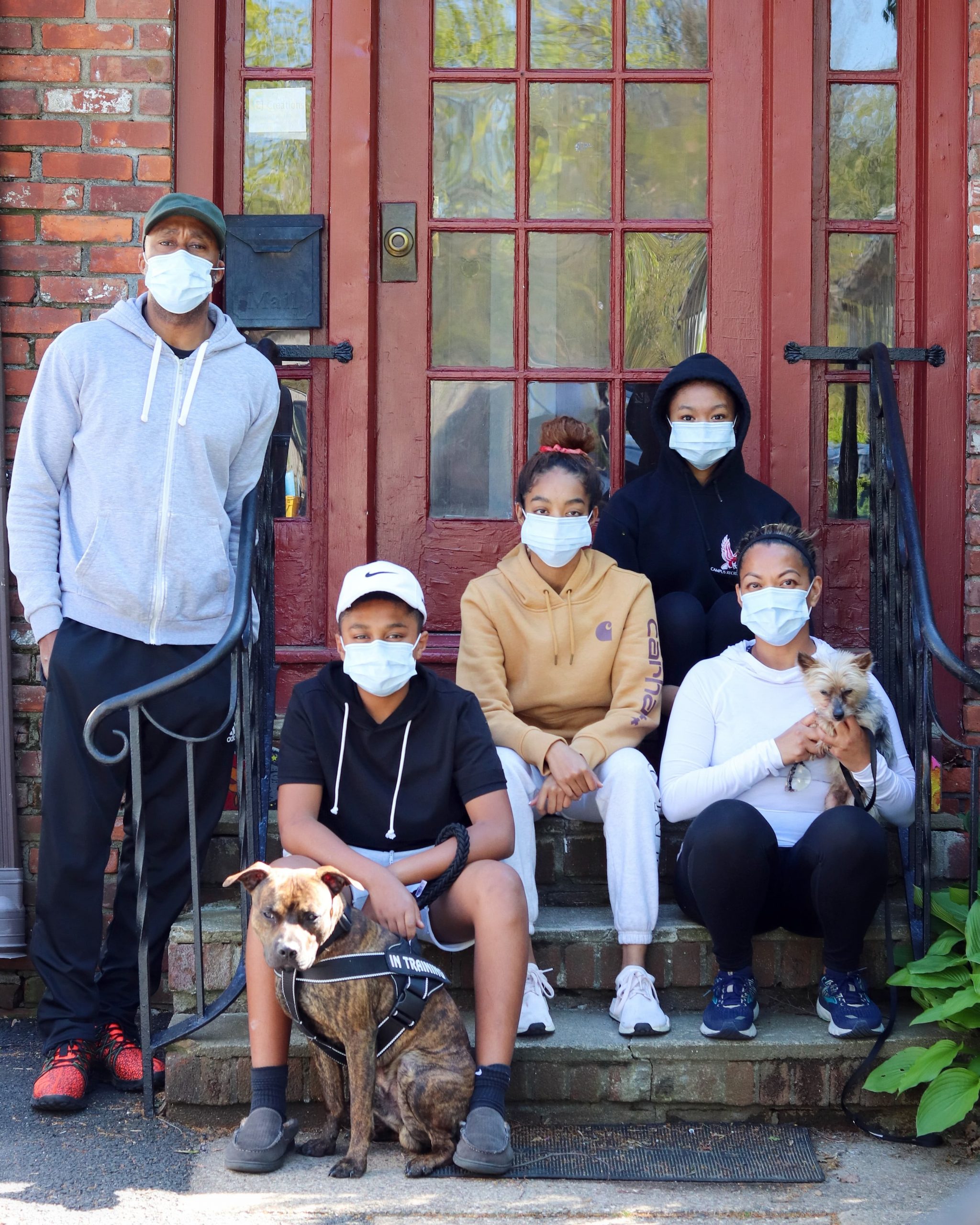What parents say to their children is clearly important, as it can affect their sense of self-worth, self-esteem, and confidence, leading teens to struggle and potentially engage in troubled behavior to soothe their feelings. But what isn’t as well understood is how parental tone can impact their children.
Well, according to a new study from Cardiff University, the tone of voice that parents use with their children can make a significant difference in how teens respond to their parents.
What The Study Found Concerning Parental Tone
Researchers at Cardiff University had over 1,000 teens ages 14 to 15 years old participate in their study. In this study, they had the mothers of the teens deliver the same message—which contained instructions—in three different tones: neutral tone, controlling, or an autonomy-supportive tone of voice.
There were 30 different messages, and the teens were provided with a survey after the messages were delivered. Teens responded that the controlling messages made them respond in undesirable ways—resentment, anger, and defiance were some of the most common reactions. However, those same messages spoken in an autonomy-supportive tone had a much more positive response, with teens responding that they were far more happy to do as their mother asked.
While this study is not comprehensive, it does give valuable insight that shows that parents who focus on positive and autonomy-supportive tones, their teens are far more likely to respond the way their parents want.
Ways To Help Moderate Your Tone And Encourage Your Teen
Now, parenting a teenager is definitely challenging, and it is not always easy to keep your tone of voice perfect. Some things you can do to help moderate your tone to help encourage your teen are:
Consider how you like to be spoken to by others. No one likes to be talked down to or feel controlled. Yet, many parents fall into a controlling tone of voice and forget that their teens will soon be adults.
Without being given space for their growing autonomy, teens can lash out and respond defiantly in an attempt to seize their freedom by force. So, keep in mind how you expect to be spoken to by a peer and do your best to extend that courtesy to your teen.
Take a moment before responding to your teen. Words said in haste are often regretted, and if things become heated between you and your teen, hasty, harsh words are common. Rather than fall into this trap, take a moment to pause and think before responding.
It is far easier to control your tone and keep your cool if you give yourself space to think before responding to your teen.
Walk away when you need space. Sometimes you need more than a moment to regain your composure, especially if your teen has been particularly defiant or sassy. Empower yourself to walk away, and simply tell your teen that you will be back to talk with them later.
By taking a break and getting the space you need, you can come back with the right frame of mind and tone of voice.
However, if your teen struggles with Oppositional Defiant Disorder or other defiance-related mental health issues, further steps may need to be taken than just changing your tone.
Options To Help Unresponsive, Defiant Teens
In some cases, when teens struggle with serious mental health conditions and defiance disorders, parents may need help outside of their local resources. To help these struggling teenagers, there are boarding schools for troubled teens.
At these specialized schools, your teen can receive personalized therapeutic care that extends to all aspects of their life, from small classroom sizes to individual therapy on a weekly basis. Teens work with professionals who specialize in working with troubled teens and can address a variety of issues, from anger management to depression and anxiety.
If you are interested in learning more about troubled teen programs and what may help your teenage son or daughter, feel free to contact us for a free consultation.











0 Comments